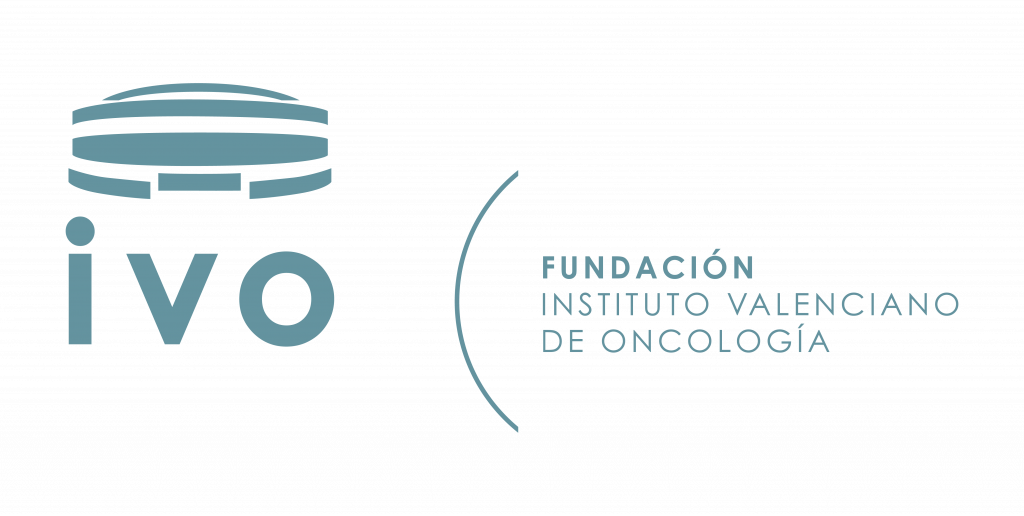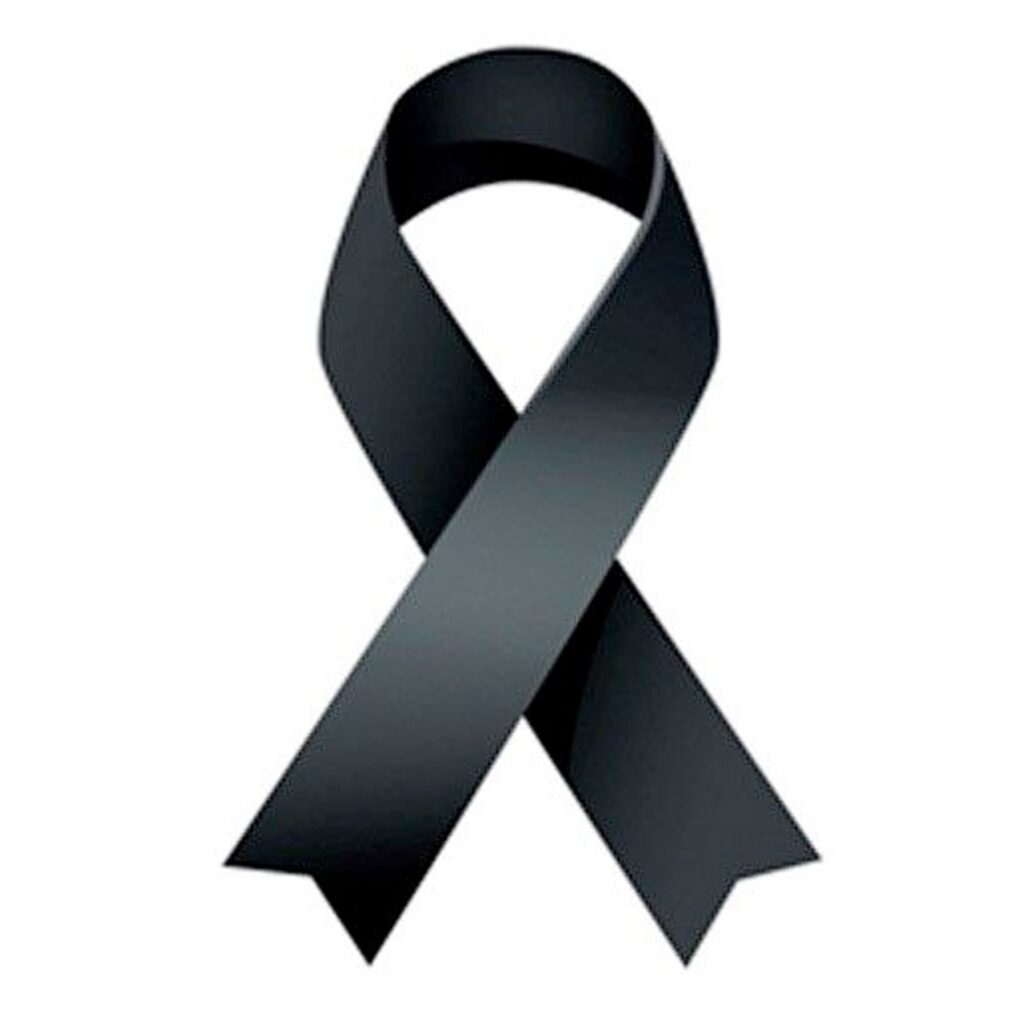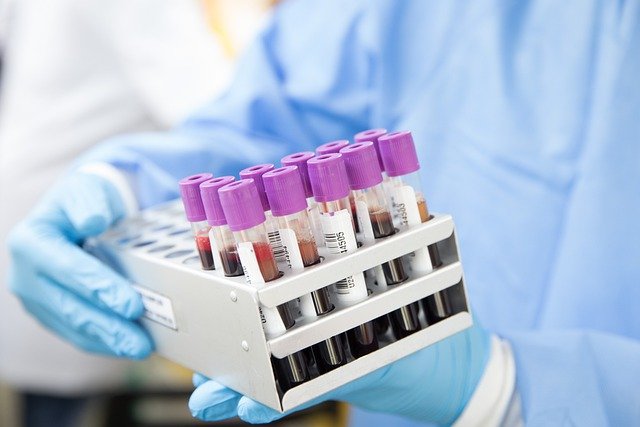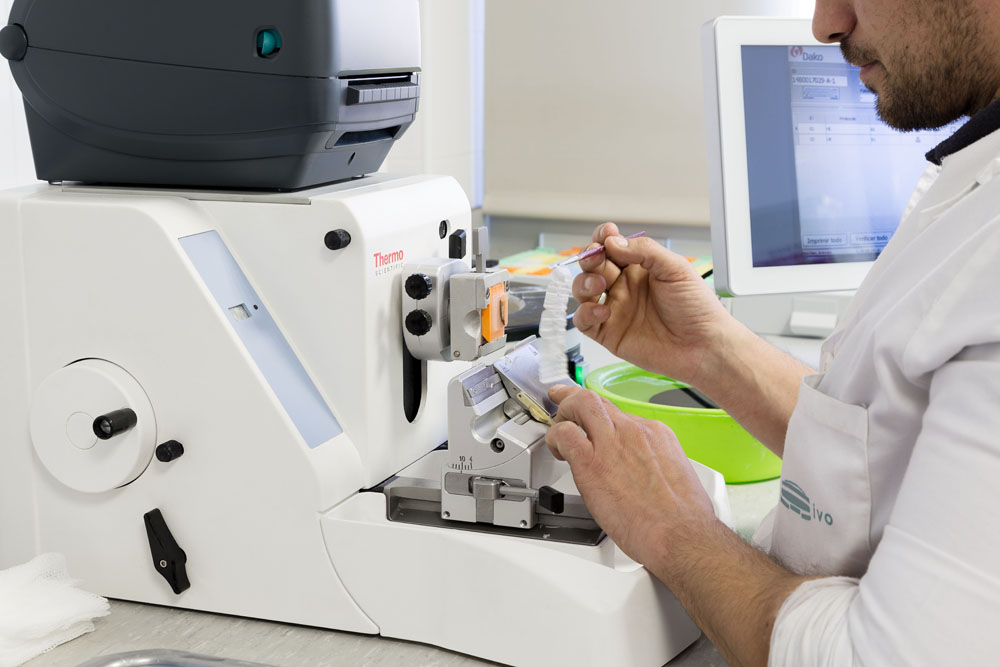The main symptoms may include weakness, lymphadenopathy (enlarged lymph nodes) and repeated infections. Splenomegaly (swelling of the spleen) or hepatomegaly (enlargement of the liver) is not unusual, and may cause abdominal discomfort. Unlike in lymphomas, fever, night sweats and weight loss are uncommon (10%).
In more than 80% of patients, CLL is diagnosed either by a routine blood test or by chance, as they are usually completely asymptomatic.
A blood test is sufficient for establishing a CLL diagnosis.
The prognosis of a patient with CLL is highly variable depending on the presence or absence of a number of prognostic factors such as: the stage of the disease, the doubling time of the lymphocyte count, the presence of certain cytogenetic alterations, and the increase in certain serum markers.
Approximately 5% to 10% of patients with CLL progress to an aggressive variety of lymphoma, called Richter’s Syndrome, which requires intensive chemotherapy treatment.






